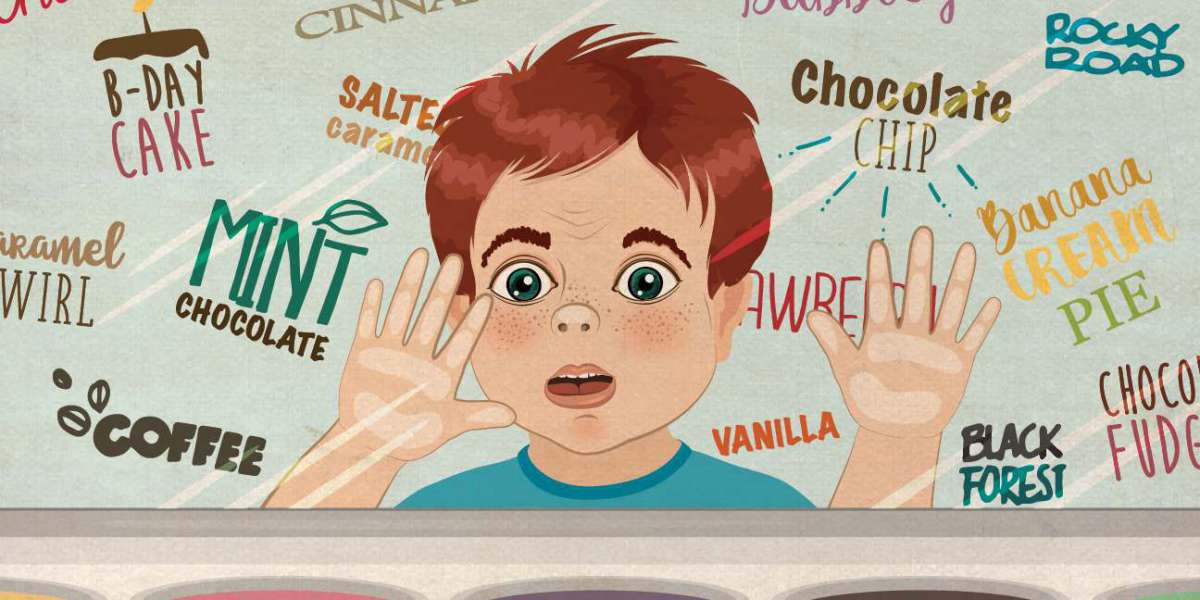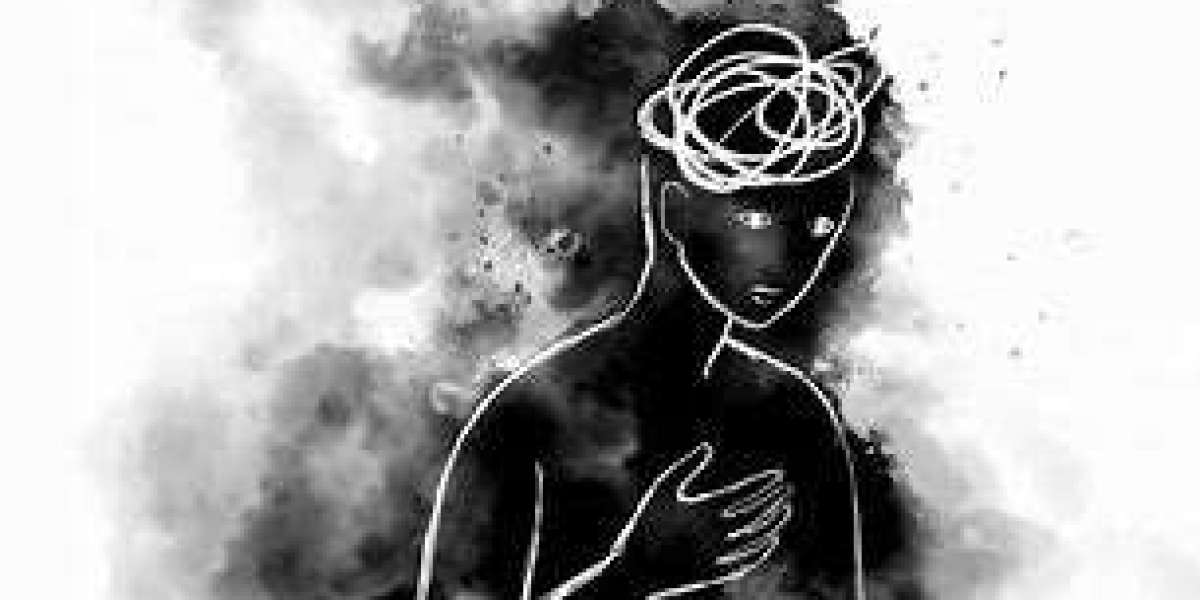It was a Thursday afternoon, the kind where the sun shines just enough to annoy you but not enough to justify wearing sunglasses. Our hero—or perhaps anti-hero—sat in the cramped, fluorescent-lit office of Dr. Sheila Thelen, Ph.D., a woman with the air of someone who spent her free time alphabetizing her sock drawer. The hero, let’s call him Dave because he looks like a Dave, was fidgeting with a pen that had inexplicably turned into a slingshot aimed at an unsuspecting potted fern.
"Dave, I believe you have ADHD," Dr. Thelen said, in the same tone she might use to diagnose a particularly tedious case of the sniffles.
Dave blinked. "ADHD? Like, the thing hyper kids have? I’m thirty-five. How can I have something that only happens to kids with way too much sugar and not enough parental supervision?"
Dr. Thelen sighed. "ADHD is not just a childhood disorder. It's often diagnosed late in life, and the symptoms can have significant consequences if untreated."
Dave squinted at her, his brain struggling to stay on task. He was pretty sure the fern was judging him. "Consequences? Like what? I just thought I was quirky."
Collateral Damage: The Wreckage of a Life Unseen
ADHD isn’t just a matter of quirky behavior or being the guy who forgets his keys in the fridge. It's the silent saboteur of life. Like termites in a wooden house, undiagnosed ADHD eats away at the structure of one’s existence until—SNAP—a beam breaks, and suddenly you’re standing in the rubble of missed opportunities, failed relationships, and an alarming number of unfinished novels.
Dave had spent his entire life bouncing from one thing to another, like a pinball in a machine designed by someone who hated linearity. His teachers called him lazy, his parents labeled him irresponsible, and his bosses… well, let’s just say Dave was on first-name terms with the HR department. He wasn’t lazy or irresponsible; he was just trying to keep his head above water in a world that demanded he swim straight while he was built to zigzag.
Adults with late-diagnosed ADHD often reflect on their lives with a sense of bittersweet revelation. They see the countless times they were misunderstood, chastised, or dismissed. According to Dr. Russell Barkley, a leading researcher in the field, "ADHD is not a disorder of knowing what to do; it is a disorder of doing what you know." So, while Dave knew he should be preparing for that presentation or paying his bills on time, his brain had other ideas—like reorganizing his comic book collection by the color of the protagonist’s costume.
And then there’s the emotional toll. Imagine spending decades thinking you're just not trying hard enough. You’re smart, you know you are, but why can’t you keep a job? Why can’t you remember birthdays? Why do you feel like you're perpetually running late to a life that started without you?
The Wounds That Never Healed
Untreated ADHD in adulthood is like a wound that never quite closes. The damage isn’t always visible, but it’s there, festering beneath the surface. For some, like Dave, it manifests in chronic underachievement. He had a list of jobs longer than his uncle’s fishing stories, but none ever stuck. Each position was another chance to fail, another confirmation that he was, in some ineffable way, broken.
Relationships didn’t fare much better. ADHD brings with it a Pandora’s box of emotional dysregulation. Mood swings, impulsivity, and an inability to listen—really listen—means partners are often left feeling more like caregivers than equals. The heartbreak of knowing you’ve let someone down, again, is a burden that becomes heavier with each failed relationship.
The Hope of Diagnosis: Too Little, Too Late?
Dr. Thelen’s words hovered in the air like a balloon losing helium. ADHD. It all made sense now, but it also didn’t. Was this a get-out-of-jail-free card? A label to excuse his past mistakes? Or was it a cruel joke from the universe, revealing that there was a reason for his struggles all along, but it was delivered thirty years too late?
As with many things ADHD-related, the truth was complicated. The diagnosis brought with it the promise of understanding, of strategies to manage the chaos, of medications that might help him focus on something for more than five minutes without needing to check his phone, the fridge, and his phone again. But it also brought regret. Regret for the years lost, for the potential untapped, for the relationships that could have been saved.
But the human spirit is resilient, even when riddled with holes from years of self-doubt and external criticism. Dave had a choice: he could mourn the past or embrace the future. He could look at the ADHD diagnosis as a belated Christmas present—a little battered, maybe, but still valuable. Or he could toss it in the corner with the other junk he didn’t know how to deal with.
Moving Forward: The Aftermath of Understanding
Late-diagnosed ADHD is a double-edged sword. On one side, there’s relief—finally, a reason for all the struggles. On the other, there’s the sharp sting of what could have been. But, like all good stories, this one isn’t just about the past. It’s about what happens next.
With treatment, Dave could learn to harness his ADHD, to see it not as a disorder, but as a different way of thinking. Maybe he wouldn’t become the CEO of a Fortune 500 company, but he could find a job that didn’t make him want to jump out of a window. He could build relationships with people who understood his quirks and loved him anyway.
And, of course, he could always start that novel about a man who discovers his superpower is actually a neurological disorder—because if there’s one thing ADHD is good for, it’s creativity.
In the end, ADHD isn’t a death sentence, nor is it a free pass. It’s a journey, one that comes with its own set of rules, challenges, and, yes, a bit of collateral damage.
But with the right tools and a touch of humor, it’s a journey that can lead to a life less ordinary—a life where zigzagging isn’t just accepted, it’s celebrated.



